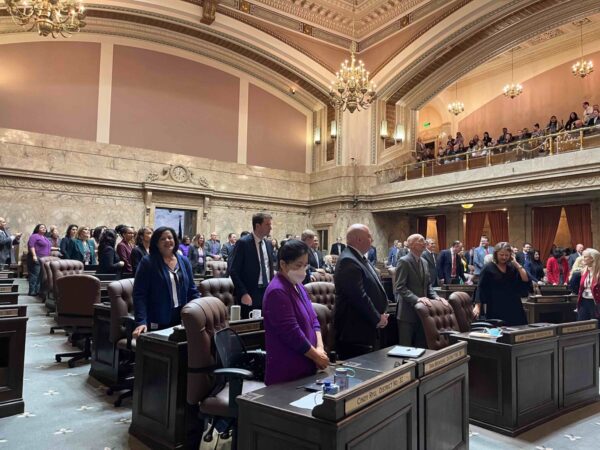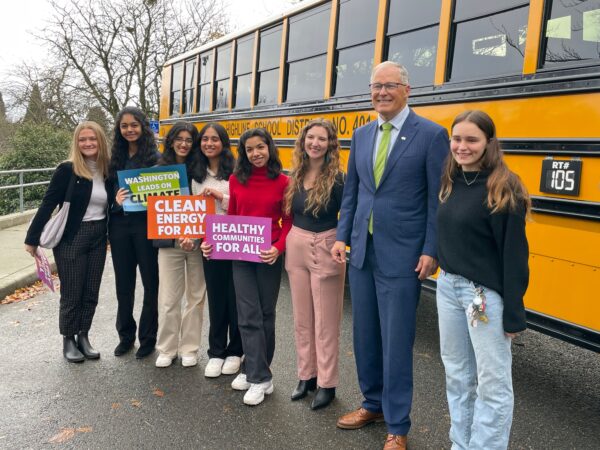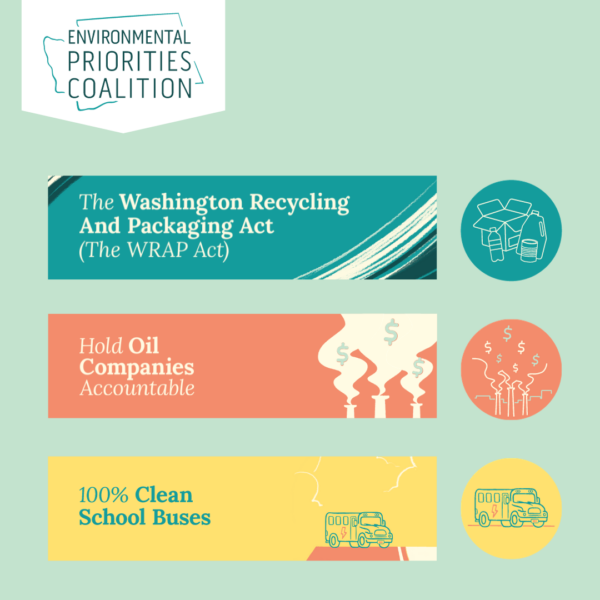“Washington has long been a leader preventing exposure to harmful toxins,” said Joan Crooks of the Washington Environmental Council. “This bill is another big step forward to ensure we are protecting children’s health and the environment from harmful water pollutants.”
Coal tar is a byproduct from the use of coal in steel manufacturing. Coal tar sealant is one of a variety of available products that are applied to driveways, parking lots and playgrounds. Recent United States Geological Service (USGS) studies have shown that coal tar sealant contains high levels of suspected carcinogens. Coal tar residues are tracked into homes, exposing children to the toxins, and through toxic stormwater runoff are washed into lakes and rivers, polluting them.
While coal tar is not widely used in Washington, it is available. The USGS tested only two lakes in the state, Lake Washington and Lake Ballinger, and found coal tar contamination in both.
“I’m proud we passed the first statewide ban against this nasty toxic threat before it can further contaminate our waters and threaten the health of our people,” said Rep. David Frockt, who sponsored the bill. “We are the first, but we won’t be the last, because we are leading the nation in the right direction.”
Cleaning up coal tar contamination is expensive: cities and businesses spend millions of dollars every year cleaning up contaminated sediments, including pollution from coal tar. A number of local jurisdictions across the country, including cities in Texas, Wisconsin, and Minnesota, have banned coal tar. However, Washington is the first state in the country to take this important action.
Despite strong opposition from the Virginia based coal tar industry association, the Washington legislature passed the coal tar ban with bi-partisan support. Washington’s action on this issue is timely; tomorrow, the United States Congress is holding hearings on the toxicity and problem associated with coal tar.



